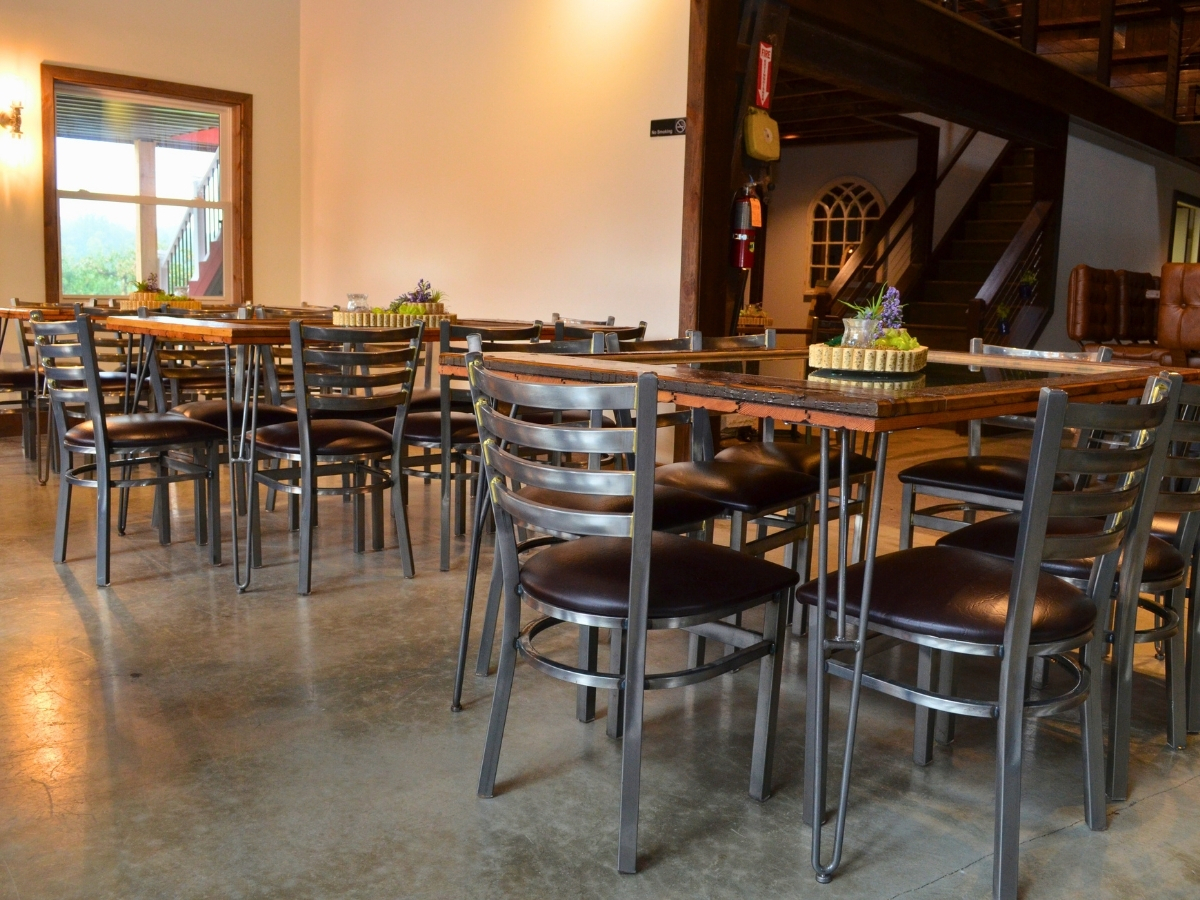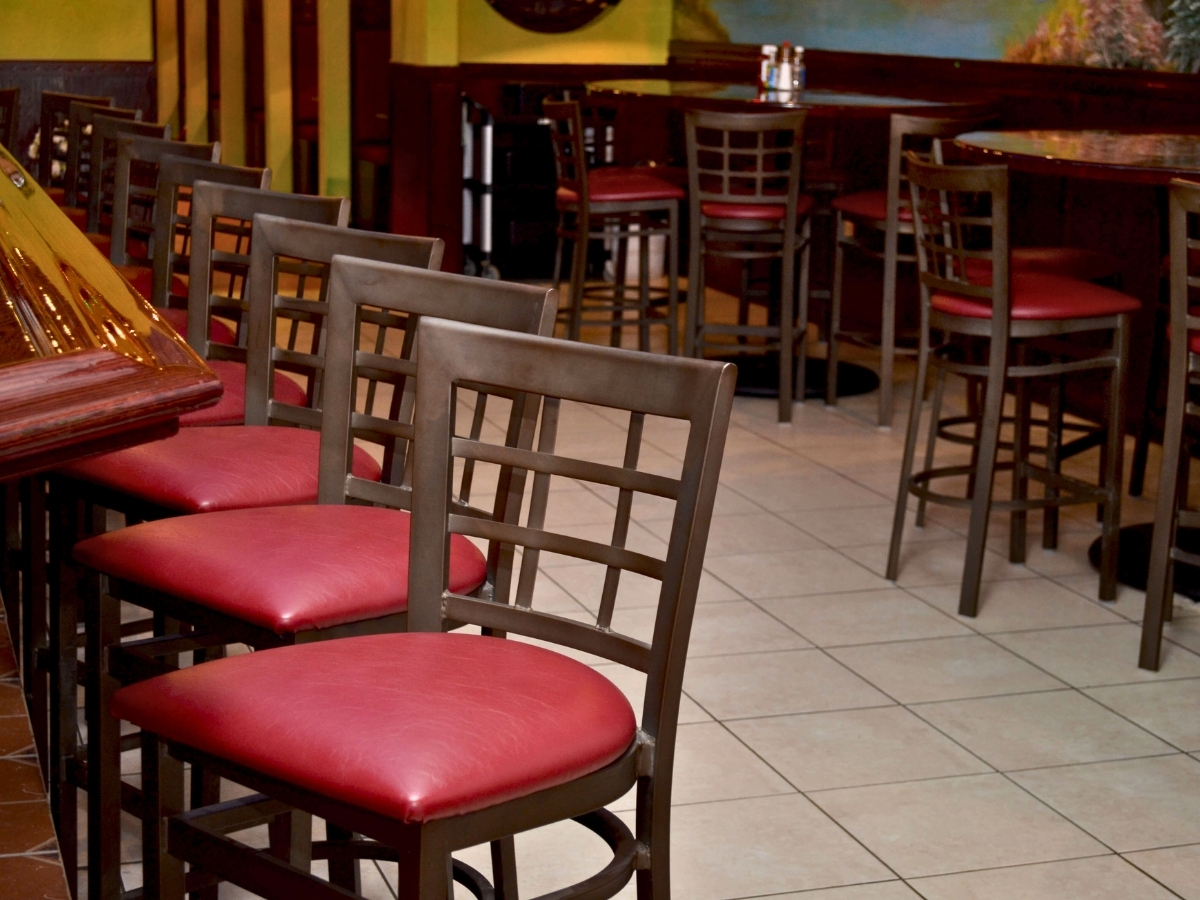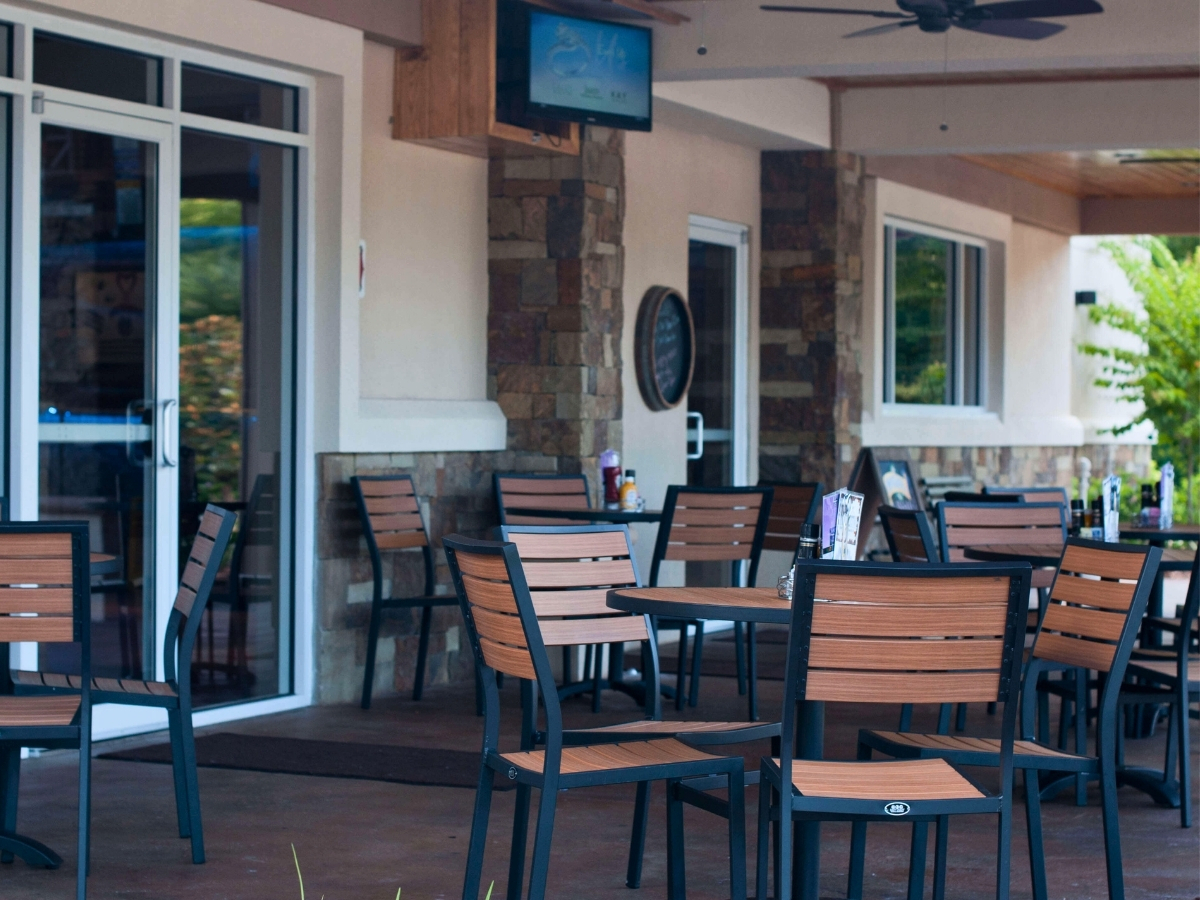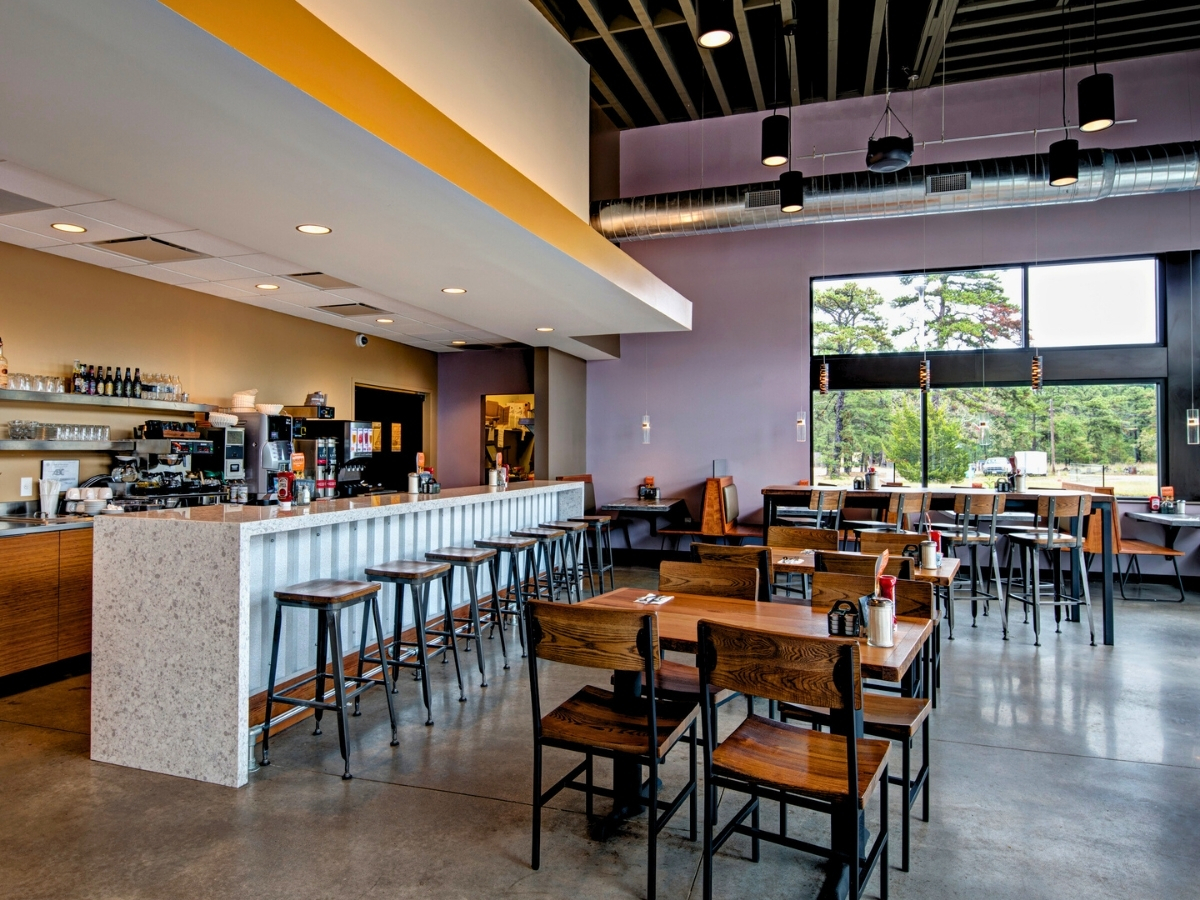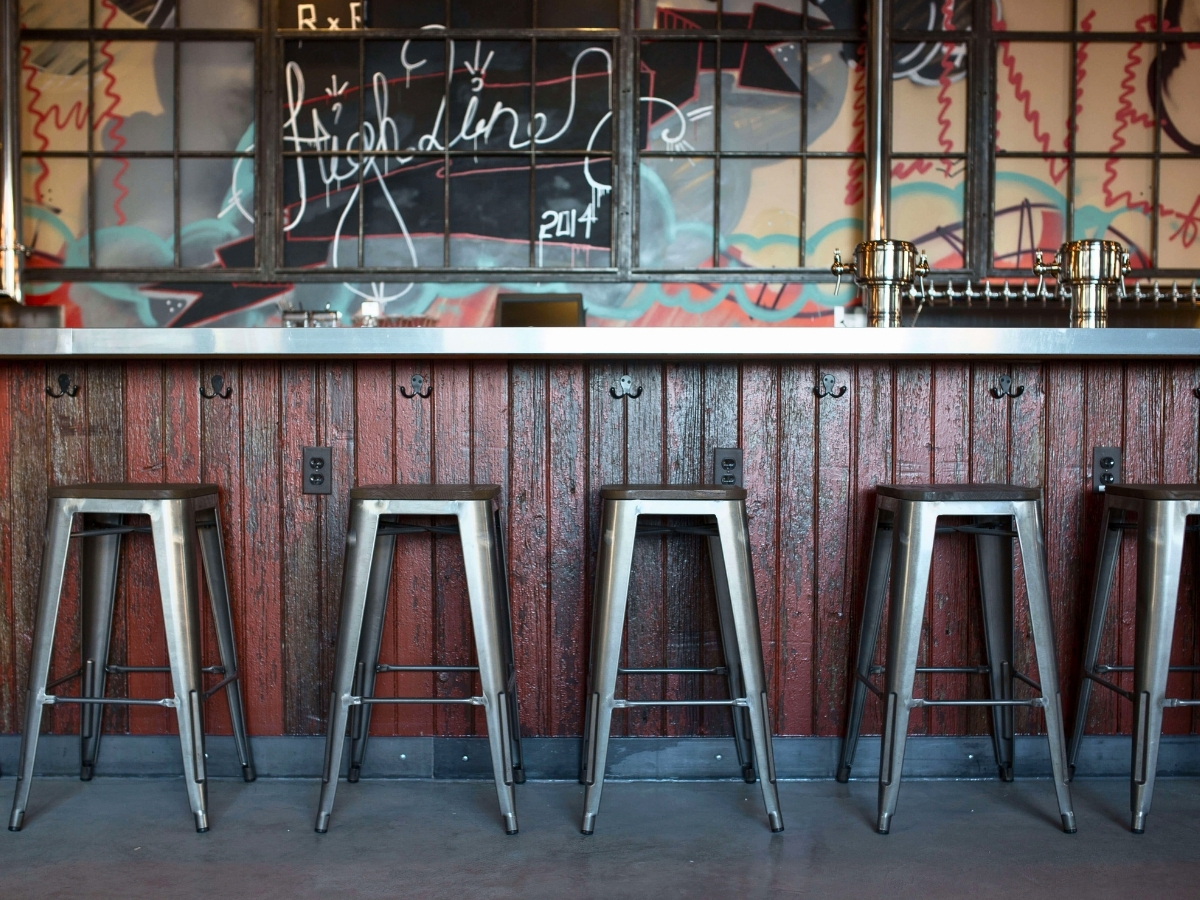Social responsibility is an important part of any company’s marketing and operations strategies, including restaurant brands. Today’s savvy customer expects a high level of corporate ethics, which takes the community, the environment, and the greater good into consideration. In fact, two thirds of the world’s consumers prefer shopping or dining at companies that give back to society. This concept of doing good and giving back has become increasingly important to the Millennial generation, which every company needs to have on their radar for marketing purposes; they’ve arrived to market.
At East Coast Chair & Barstool, we have a corporate giving strategy that our owners can feel good about. In addition to supporting opportunities that promote local B2B networking or highlight our presence in the food service and related industries, our owners strive to create a family-like work atmosphere by supporting causes that are important to the employees. A dress down schedule promotes philanthropy among the staff, and additionally, our owners are happy to support local educational causes that benefit their children or the school-aged children of their staff members. We believe that as our company grows, we need to show our gratitude by giving back to our community.
Restaurants are actively participating in cause marketing efforts, too. In the weeks following Hurricane Sandy, the Boston bombings, and the tornadoes in Oklahoma, we read many stories of restaurants coming together to support their neighbors. Whether it was pouring coffee for the Red Cross volunteers or raising funds for victims, restaurants responded to the call to action. But brands don’t have to wait for tragedy to strike. Every brand should have a cause or charity (or a few) that they support year-round, which makes sense for that company. A perfect example is Firehouse Subs, whose foundation supports hometown heroes: firefighters! Their entire culture is wrapped around their cause, so it’s a natural fit that their customers and community can believe.
The best part is that establishing a corporate giving strategy really is win-win-win. A) Your customers feel great about supporting a cause when they visit you. B) The cause gets much-needed funds to continue their good work. C) And you score a loyal fan base. Revenues tend to rise during fundraising campaigns at stores and restaurants. For example, Dairy Queen’s Miracle Treat Day, in which the company donates $1 for every blizzard sold during the day to Children’s Miracle Network Hospitals, is often one of the busiest days of the year for the participating locations.
But beware. A PR scheme to drum up sales isn’t the best way to approach social responsibility. The consumer is also a good BS-detector. Be sincere in your efforts, and you can win over the hearts of your employees, your customers, and your community.
There are a lot of ways to support a good cause. Offer to host a charity event at your restaurant, sponsor a local cause, or donate food and drinks to a special event taking place in your community. You can recruit staff members to join a team for a charity walk/bike ride, or get a group of staff volunteers together to do a community project, like starting a community garden or building a playground. Perhaps you create an in-store fundraising night, a celebrity bartender event, or a dine-to-donate program with proceeds going to a charity of your choice. Participating in an already-established program, like No Kid Hungry, might be an easy way to get started, and it is a great fit for all restaurants. You might also want to do something locally with your neighborhood food cupboard, soup kitchen, or school lunch program.
Other ways consumers expect restaurants to practice social responsibility is in the way they handle their everyday business operations. If you source locally-grown ingredients and humanely-raised meats, you should add that information to your menu and website. If you use packaging that is from recycled materials, or if you have a ‘green team’ on your staff, dedicated to reducing your restaurant’s carbon footprint, you should share that information in your advertising. The more ways you find to promote being a responsible company, the more people will like you. And being liked is the first step to being successful.
Engaging in socially responsible behaviors will make you proud of the company you’re leading. It might even make you feel a little warm and fuzzy inside, yourself.
How will your restaurant make a difference?


